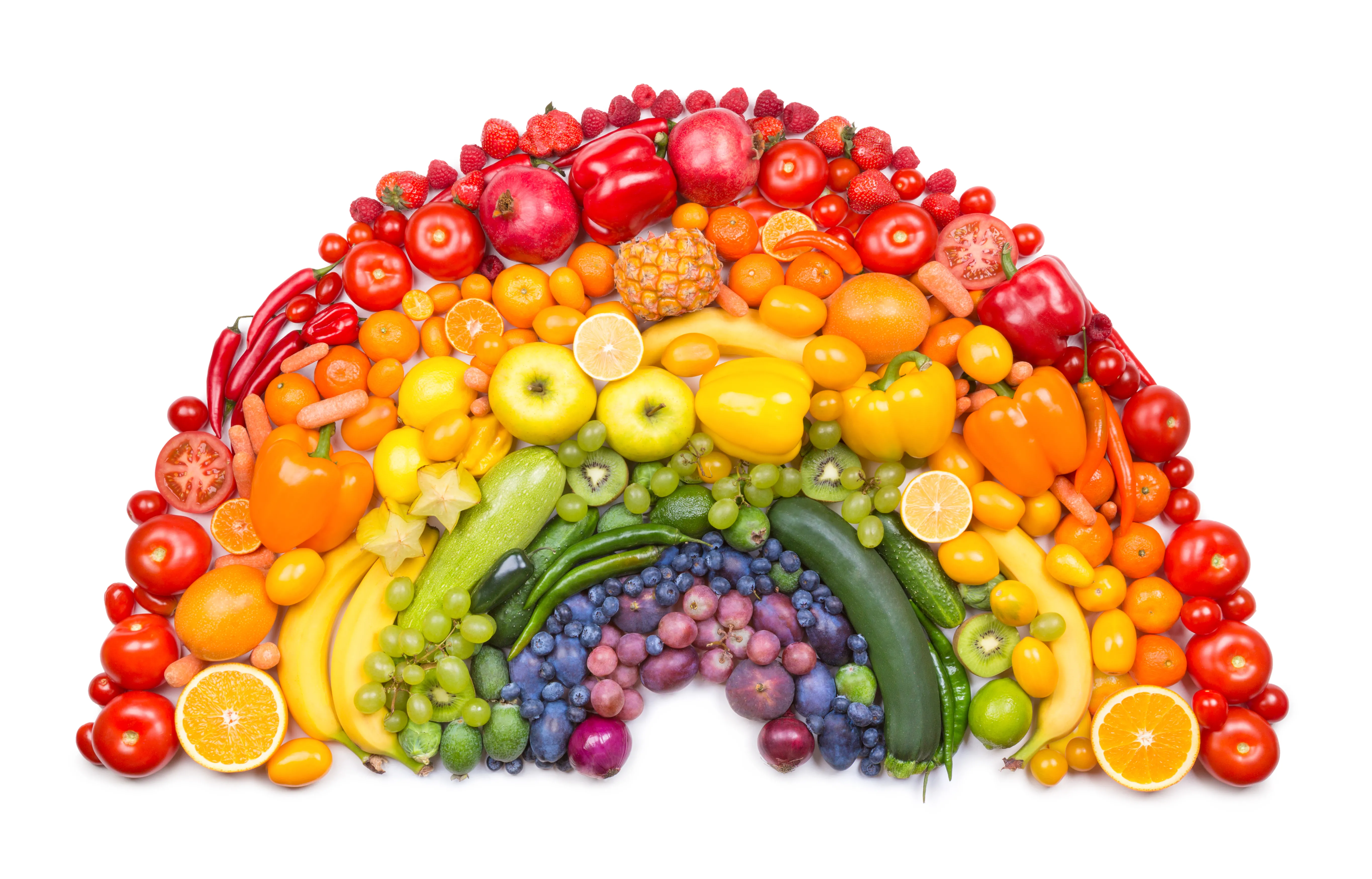Eat Flavonoids to Reduce Inflammation and Improve Brain Health
The medical community continues to uncover the wide-ranging effects of a plant-rich diet.
Fill your plate with a variety of flavonoid-rich foods--from vegetables to dark chocolate--and your health will reap the benefits.
Flavonoids are compounds found naturally in plant foods, especially fruits and vegetables. They are often divided into six subclasses, which include: flavanols, flavan-3-ols, flavones, flavanones, isoflavones and anthocyanins.
Flavonoids as antioxidants
One of the best reasons to eat flavonoids is that they act as antioxidants, which can help decrease inflammation. Chronic inflammation can damage healthy cells, so reducing the amount of low-grade inflammation in the body may help lower the risk of diseases like Alzheimers, Type 2 diabetes, cancer and stroke.
Antioxidants also have an important role in protecting the brain, and researchers believe that certain flavonoids enhance cognitive fitness in ways beyond inflammation suppression. Initial studies suggest that flavonoids may increase cognitive blood flow and reduce degeneration. Some studies have also shown that flavonoids may block plaque buildup, thereby slowing cognitive decline.
What fruits and vegetables should I consume?
Some flavonoids act as the compounds that give plant foods their bright colors. For example, anthocyanins are a group of flavonoids that provide red, purple and blue pigments in plants. These are found in foods such as red cabbage, berries, red and black grapes. Including these mostly jewel-colored foods in a diet has been shown to lower blood pressure, reduce the risk of heart disease, protect brain health and slow the growth of certain cancers.
The subclass flavanols, which are found in cocoa and black tea, may also help protect brain function. But, be mindful that the amount found in chocolate can decrease depending on the level the chocolate is processed. Higher flavanol content is found in 70% (or more) dark chocolate, compared to milk chocolate.
Eat the rainbow for good health
When it comes to diet, the more flavonoid-rich fruits and vegetables the better. To ensure you are getting enough of these compounds in your diet, aim to eat the rainbow. Include a variety of colored fruits and vegetables in your meals. CDC guidelines recommend two- to three- servings of fruit and three or more servings of vegetables per day.
References:
- Haytowitz, D. B., Bhagwat, S., Harnly, J., Holden, J.M., Gebhardt, S.E. Sources of Flavonoids in the U.S. Diet Using the USDA’s Updated Database on the Flavonoid Content of Selected Foods. USDA. https://www.ars.usda.gov/ARSUserFiles/80400525/articles/aicr06_flav.pdf
- Pa, J., & Gazzaley, A. (2014). Flavanol-rich food for thought. Nature neuroscience, 17(12), 1624–1625. https://doi.org/10.1038/nn.3876
- Panche, A. N., Diwan, A. D., & Chandra, S. R. (2016). Flavonoids: an overview. Journal of nutritional science, 5, e47. https://doi.org/10.1017/jns.2016.41
- Root, M., Ravine, E., & Harper, A. (2015). Flavonol Intake and Cognitive Decline in Middle-Aged Adults. Journal of medicinal food, 18(12), 1327–1332. https://doi.org/10.1089/jmf.2015.0010
- Shistar, E. et al. (2020). Long-term dietary flavonoid intake and the risk of Alzheimer disease and related dementias in the Framingham Offspring Cohort. The American Journal of Clinical Nutrition. https://pubmed.ncbi.nlm.nih.gov/32320019/
- Spencer, Jeremy P.E. (2009). Flavonoids and Brain Health: Multiple Effects Underpinned by Common Mechanisms. Genes & Nutrition. https://pubmed.ncbi.nlm.nih.gov/19685255/
- Tian-Shin Yeh et al (2021). Long-term Dietary Flavonoid Intake and Subjective Cognitive Decline in US Men and Women. Neurology. https://pubmed.ncbi.nlm.nih.gov/34321362/
- Watson, Kathryn. (2019). What Are Flavonoids? Everything You Need to Know. Healthline. https://www.healthline.com/health/what-are-flavonoids-everything-you-need-to-know#sources.

Ashley Reed, RDN, is a Registered Dietitian Nutritionist. She works at Chesapeake Regional’s Lifestyle Health & Fitness Center in Diabetes and Nutrition Services.